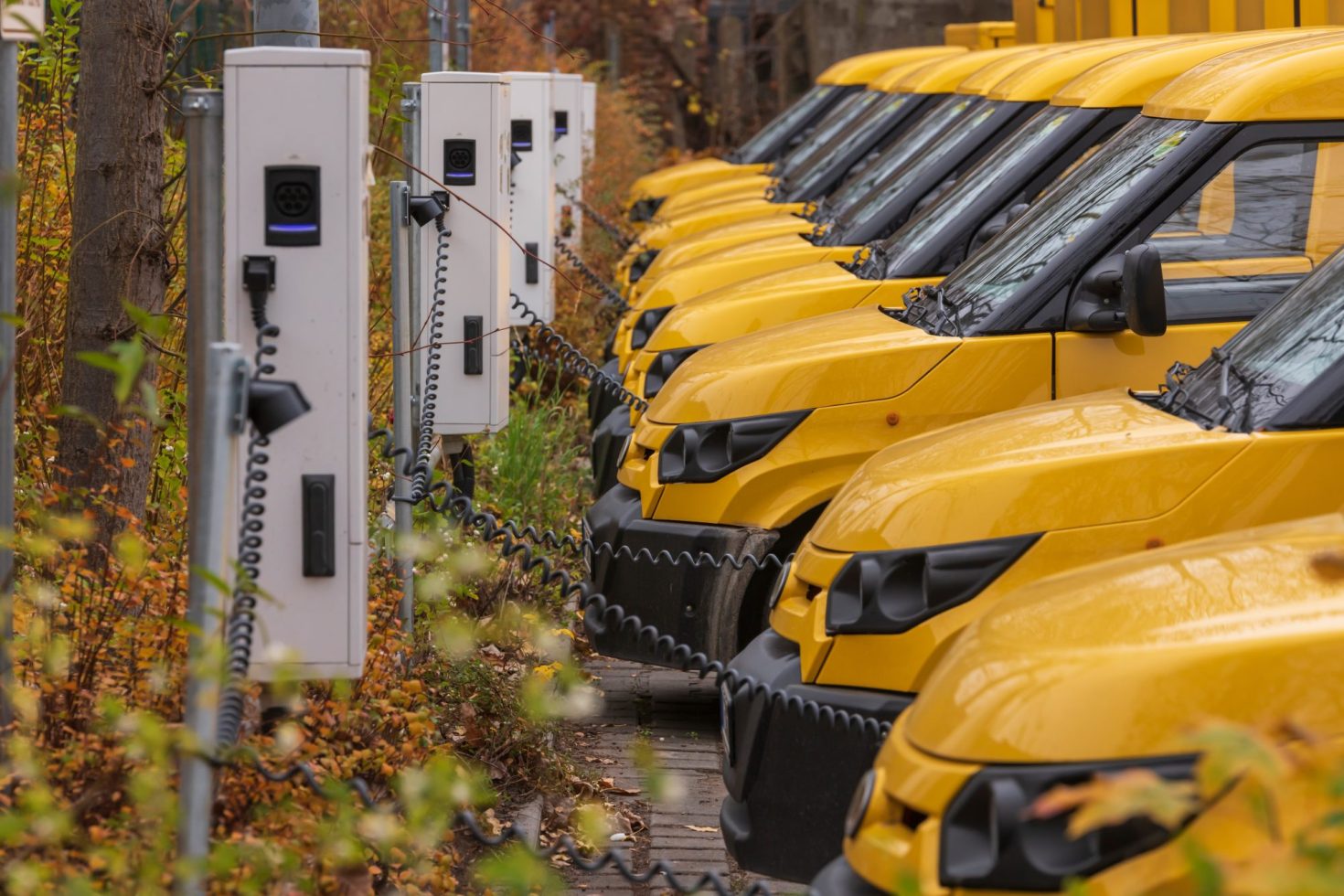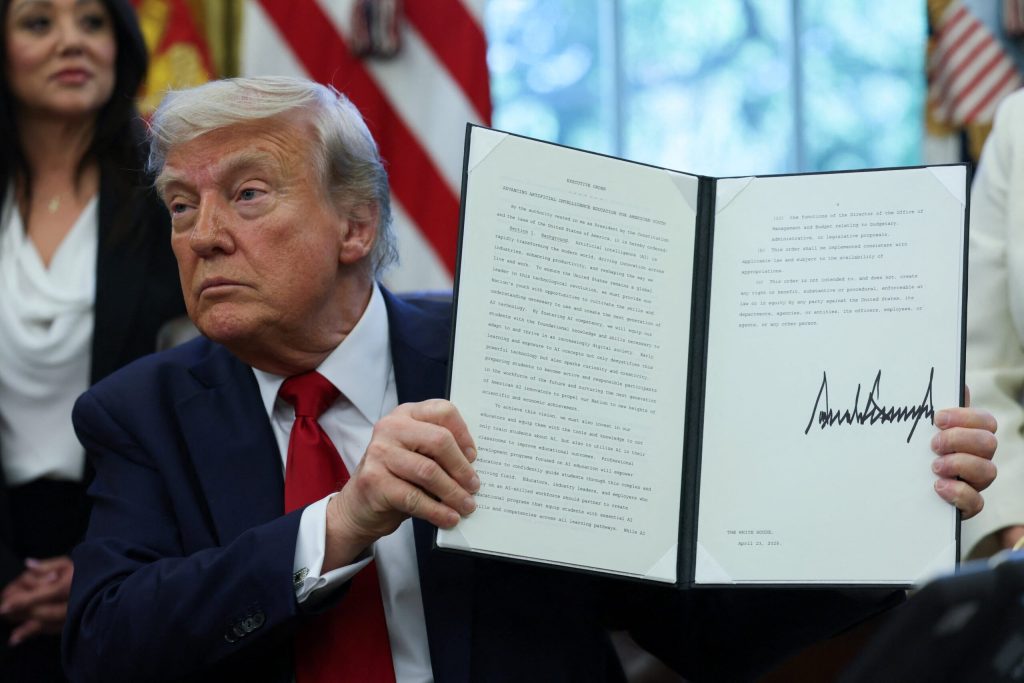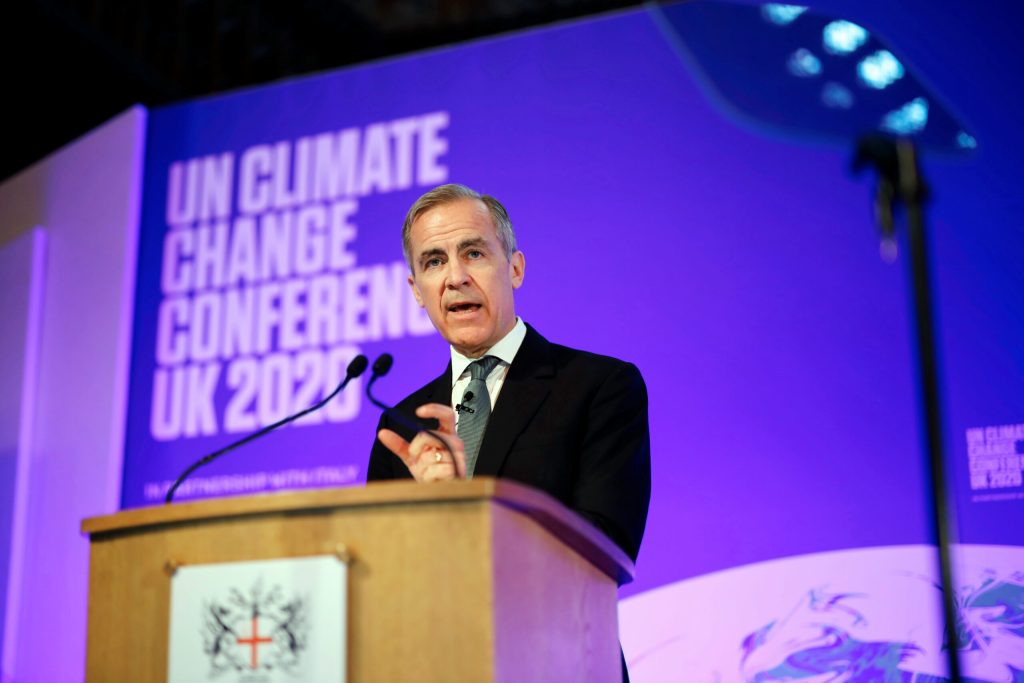Now Reading: The state of fleet electrification: Why 87% of companies plan to add EVs in the next five years
-
01
The state of fleet electrification: Why 87% of companies plan to add EVs in the next five years
The state of fleet electrification: Why 87% of companies plan to add EVs in the next five years

Here are the main points:
– Despite a slowdown in consumer interest in electric vehicles, many companies in corporate America are expanding their electric fleets.
– One challenge they face is U.S. tariffs of up to 25% on imported vehicles and parts, which could disrupt corporate efforts to electrify their fleets.
– Despite potential obstacles, the growth of EV charging infrastructure and more efficient battery technology are making electric vehicles a more viable option for companies.
Over the last five years, many companies in corporate America have been gradually replacing their gas and diesel-fueled rental cars, delivery vans, and freight trucks with cleaner alternatives. Despite uncertainties like shifting tariffs and evolving U.S. policies, a significant number of companies are committed to increasing their use of electric vehicles (EVs). A survey by Cox Automotive revealed that 90% of fleet owners with EVs plan to purchase more, while 87% of all fleet owners, including those without EVs, intend to incorporate them into their fleets over the next five years.
Even though EVs may have higher initial costs, fleet owners find them more satisfying than internal combustion vehicles. They offer lower lifetime costs, greater efficiency, and cleaner operations. Beyond financial benefits, the adoption of EVs is crucial for reducing the transportation sector’s contribution to climate pollution in the U.S.
Several companies, part of the Corporate Electric Vehicle Alliance, are making progress in electrifying their fleets. For example, DHL aims to electrify a significant portion of its operations globally, while Element Fleet Management is working towards transitioning client vehicles to electric. Merchants Fleet has seen substantial growth in EV deployments among its clients.
However, the latest U.S. tariffs on imported vehicles and parts could pose a challenge for corporate fleets dependent on consistent production plans from automakers. The tariffs may increase the cost of EVs, but investments in domestic EV manufacturing and trade exemptions for certain countries could mitigate some of these impacts.
Commercial fleet operators share similar needs with consumers, such as lower vehicle costs, an extensive charging network, and a variety of vehicle options. Efforts are underway to reduce EV prices, expand charging infrastructure, and improve battery technology to make EVs more practical for commercial use.
Despite existing challenges, leading companies are staying committed to transitioning to EVs. Investing in fleet electrification is seen as a strategic business decision that not only promotes sustainability but also enhances efficiency and cost-effectiveness. Companies that act now are likely to benefit in the long run.






